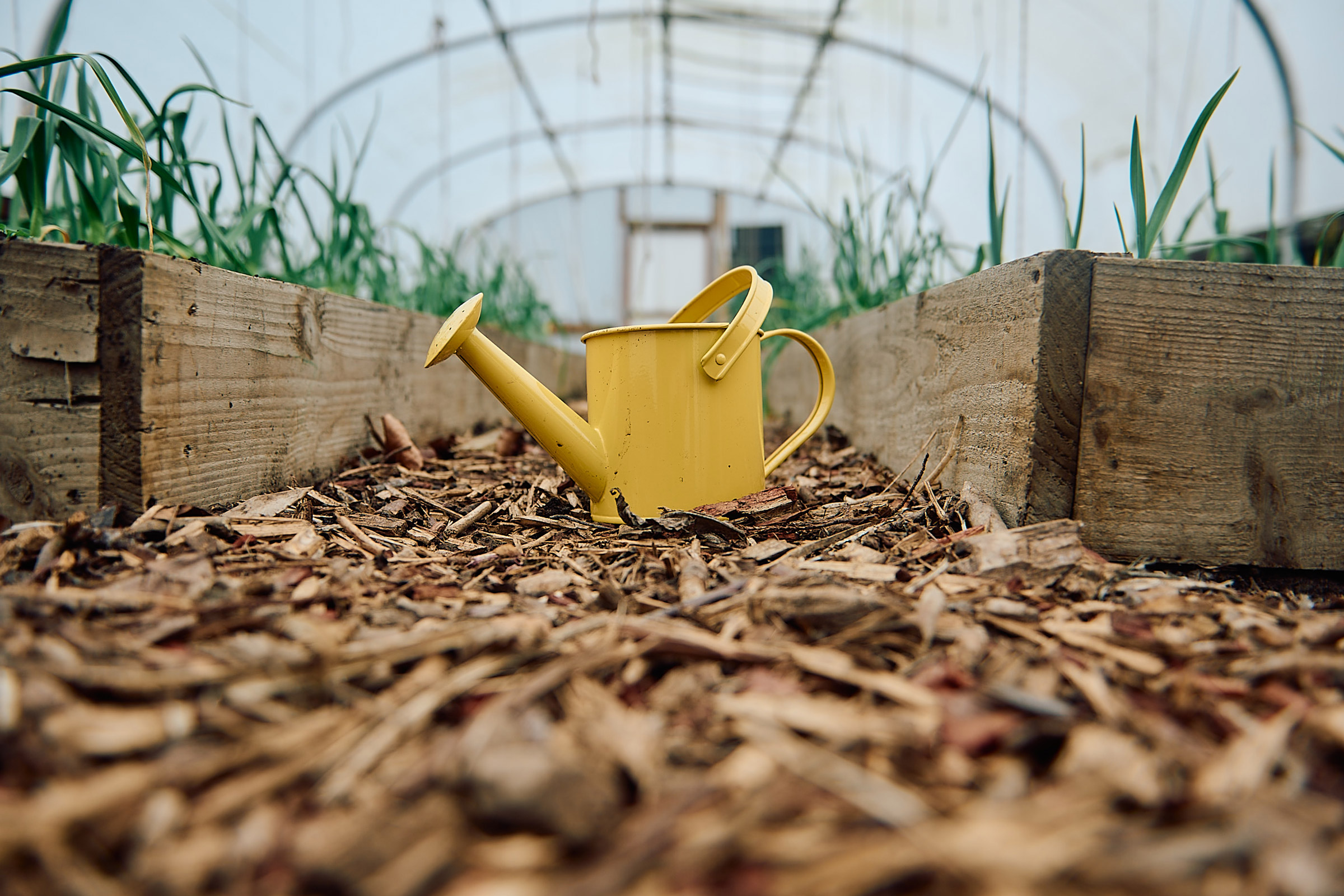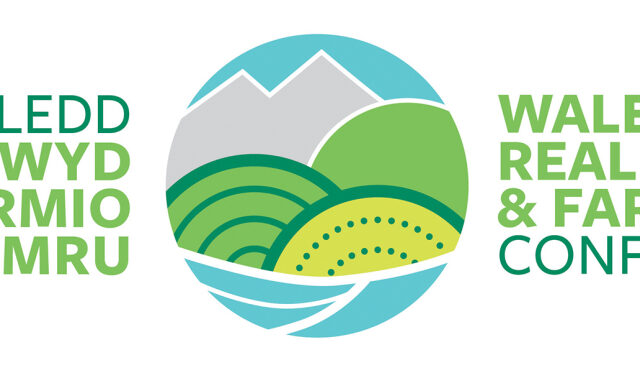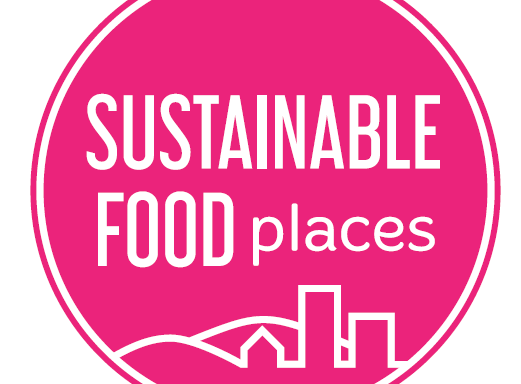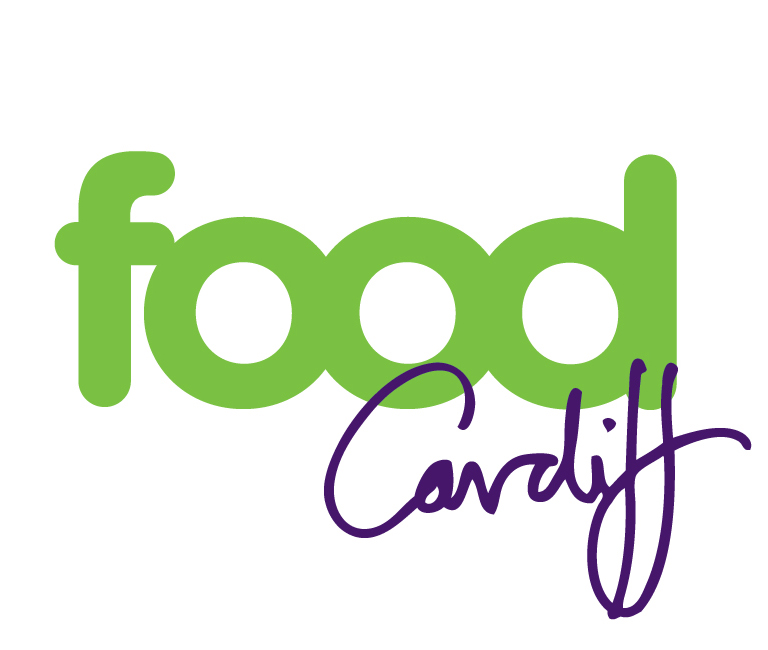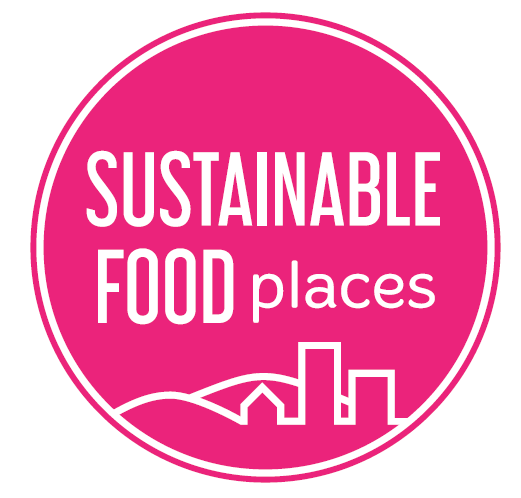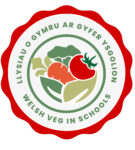A milestone for food policy in Wales
April 29th, 2025
Today marks a significant milestone for food policy in Wales with the release of two important publications – the Future Generations Commissioner’s Annual Report and the Welsh Government’s Community Food Strategy. These documents lay the groundwork for catalysing and enabling the growing good food movement in Wales to progress the social, cultural, economic and environmental well-being of Wales through food.
Both publications emphasise the pivotal role of Local Food Partnerships in shaping Wales’ food future, and highlight the way that innovative initiatives like Welsh Veg in Schools, can harness the potential of public procurement in creating a more sustainable food system.
Food Sense Wales has long been at the forefront of nurturing local food partnerships across Wales as part of Sustainable Food Places and in collaboration with communities, and with Welsh Government, a network of strengthened and robust partnerships has been developed. A newly published status report offers a snapshot of the current landscape, highlighting best practices across the 22 Local Food Partnerships in Wales and sharing feedback from partnership members.
In 2023, Wales’ Future Generations Commissioner published Cymru Can – a strategy for 2023- 2030 outlining his long-term vision and announcing the food system as his first area of focus. The Commissioner has since been working with Food Sense Wales, Public Service Boards and Public Bodies to integrate sustainable food policies into their well-being plans, with a particular emphasis on community food plans that foster change at a local level.
“It’s fantastic to see the Future Generations Commissioner’s report advocating for a host of food related actions, including the development of a National Food Resilience Plan; the continued support for Food Partnerships as well as further support for horticulture and Food Literacy,” says Katie Palmer, Founder and Head of Sense Wales.
“The Office of the Future Generations Commissioner has put significant resource into food and we are aligning our work on Food Partnerships to support them as they develop advice to Public Bodies on Food. This work has been triangulated with Welsh Government’s Community Food Strategy, which has also been published today.
“Local Food Partnerships have been recognised in both the Commissioner’s report and the Community Food Strategy as a vital force for bringing together stakeholders, policies and initiatives, enabling local actors to work collaboratively to create and deliver a shared vision and strategy for a more sustainable, just, and resilient food system,” continues Katie. “Food Sense Wales is delighted to see the important work of Local Food Partnerships being recognised and look forward to seeing how their further development can positively impact our food system in Wales and build much needed resilience for the future,” adds Katie.
Food Sense Wales also coordinates the pioneering Welsh Veg in Schools initiative, a participatory action research project aimed at increasing the use of organic Welsh-grown produce in schools. Last week, a new report was published detailing the project’s impact and its future steps. The report highlights the potential for 25% of all vegetables used in primary school meals in Wales to be locally grown and organic by 2030.
By leveraging the market opportunity created by the Welsh Government’s Universal Free school meal policy, and by supporting public bodies to meet their statutory requirements, Welsh Veg in Schools is catalysing organic veg production in Wales and building resilience for the future.
“This work is crucial if public bodies are serious about meeting their obligations under the Well-being of Future Generations (Wales) Act whilst supporting local communities and building resilience against future shocks and climate change,” adds Katie Palmer.
“I’m really proud of the work that the Welsh Veg in Schools has achieved and we’re so pleased to see it used as an exemplar in both the Future Generation’s Commissioner’s annual report as well as the Community Food Strategy,” she continues.
“As a team, we are incredibly proud of what we have achieved so far, but we know there is still much work to do. This work is a huge collective endeavour and its success is a testament to the collaborative energy and the investment of multiple stakeholders.”
-
Read the Community Food Strategy here.
-
Read the Future Generations Commissioner’s Report here.
-
Read the Local Food Partnerships Status Report here and watch the associated films here.
-
And read the Welsh Veg in Schools report here.
ENDS

